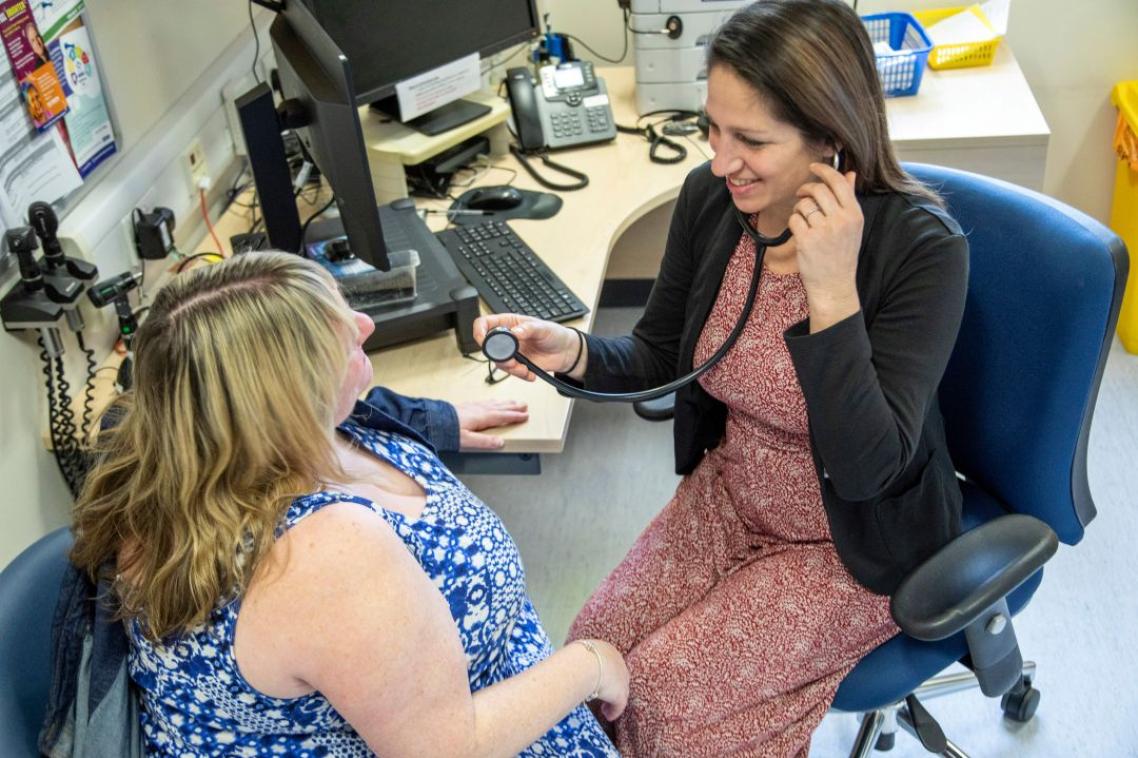COVID calculator updated

The University of Queensland has updated a calculator to help people understand their risk factors for COVID-19 infection and vaccination with the Pfizer vaccine.
UQ co-lead researcher Dr Kirsty Short said the Immunisation Coalition COVID-19 Risk Calculator (CoRiCal) was an online tool to support the community accessing the benefits and risks of COVID-19 vaccines.
“Previously, the calculator focused on the AstraZeneca vaccine, now it has been updated to calculate the efficacy of the Pfizer vaccine against infection and death and the possibility of developing myocarditis related to the vaccination,” Dr Short said.
"This tool is really designed to help people make an informed decision around vaccination based on their current circumstance and also see their risk for getting COVID-19 under different transmission scenarios.
"Users can access the tool and input their age, sex, community transmission and vaccination status to find out their personalised calculation.
"For example, you can find out your chance of being infected with COVID-19 versus your chance of dying from the disease."
The model behind the CoRiCal tool has been developed by UQ’s Professor Colleen Lau, Dr Helen Mayfield, and PhD student Jane Sinclair.
Professor Lau said with the number of COVID cases now steadily rising, the calculator would be vital in helping the public make informed decisions about their health.
“It will provide essential information as the community discusses the need for booster vaccinations,” she said.
“Importantly, the updated calculator takes into account the number of vaccine doses you have received, and time since the second dose of the Pfizer vaccine, as we know that immunity wanes.”
CoRiCal is a collaboration between the Immunisation Coalition, UQ, QUT, and Flinders University.
Media: UQ Communications, +61 429 056139.
Topics
Related articles

Nature versus nurture question addressed in landmark study

A better way to assess cardiovascular health
Media contact
UQ Communications
communications@uq.edu.au
+61 429 056 139
